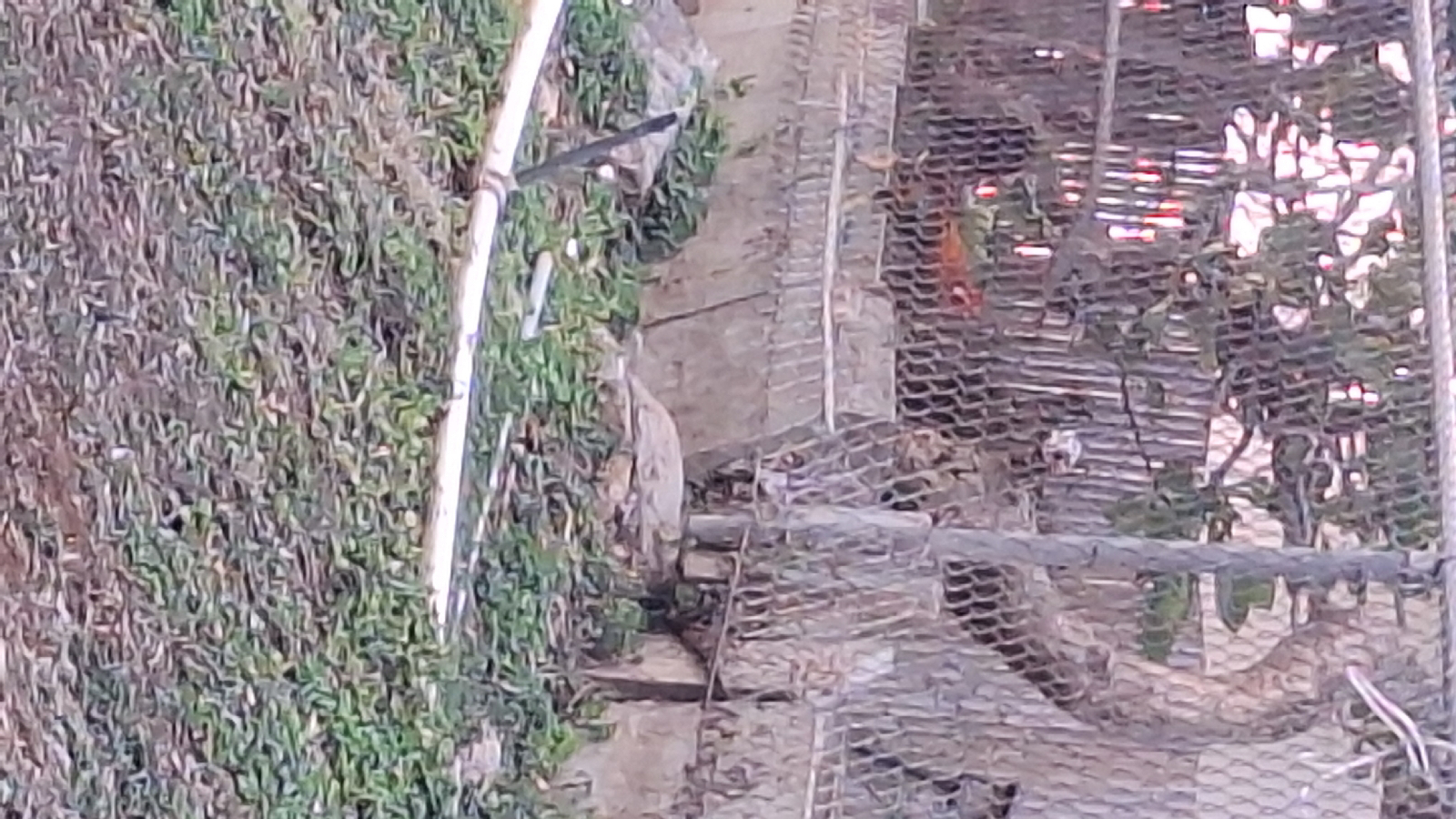This blog may help people explore some of the 'hidden' issues involved in certain media treatments of environmental and scientific issues. Using personal digital images, it's also intended to emphasise seasonal (and other) changes in natural history of the Swansea (South Wales) area. The material should help participants in field-based modules and people generally interested in the natural world. The views are wholly those of the author.
Saturday, 31 May 2025
Sandwich Island Saga 13. wildfires
Friday, 30 May 2025
Sandwich Island Saga 10. Electricity provision
Thursday, 29 May 2025
Sandwich Island Saga 9. Monarchs (Danaus plexippus) on Maui
Sandwich Island Saga 8. Cattle egret (Bubulcus ibis)
Wednesday, 28 May 2025
Tuesday, 27 May 2025
Monday, 26 May 2025
Flowers of Oahu 1.Bougainvillea spectabilis
Sunday, 25 May 2025
Sandwich Island Saga 5. Wild chickens
Sandwich Island Saga 4. Koko Head crater
Friday, 23 May 2025
Wednesday, 21 May 2025
Bee Threats
Tuesday, 20 May 2025
Oiling the 'Green'?
As one might predict, European ‘green’ investments such as Sustainable Global Stars and Europe Climate Pathway hold billions in oil and gas shares. It’s estimated they have more than £33bn in fossil fuel investments (https://www.theguardian.com/environment/2025/may/18/revealed-european-green-investments-hold-billions-in-fossil-fuel-majors). Investment companies are designed to maximise their profits. Claiming to be motivated by environmental issues is consequently a marketing tool. It’s effectively ‘greenwashing’ in its purest sense!
Weight Loss Revolution?
Monday, 19 May 2025
Consumption Gazumps Recycling
A report has found that the amount of recycled material used annually by the global economy continues to decline. Currently, less than 7% of the material used to make stuff comes from recycled sources (https://www.theguardian.com/environment/2025/may/16/global-recycling-rates-have-fallen-for-eighth-year-running-report-finds). This means that most people are continuing to behave as if the supplies of materials are infinite. That's clearly not true, given the current obsessions with rare metals.
Invasion of the Chinese Vapes?
The Good News: the UK is banning single use vapes. The Bad News: the US-China 'tariff wars' is likely to result in a UK influx of almost indistinguishable notionally 'reusables' (https://www.theguardian.com/society/2025/may/19/uk-vapes-e-cigarettes-chinese-imports-tariffs-trade). Nicotine is highly addictive and can become a very expensive (in terms of money and health) habit. The only real legitimate use of vapes is to wean cigarette addicts off a more damaging obsession. The UK is banning single use vapes because they a) are clearly targeted at children; b) waste enormous amounts of lithium and other metals; c) are a fire hazard and d) are difficult to recycle. Re-chargeable vape kits would still be allowed. Most vapes are produced in China. China is, on health grounds, cutting its home sales. That country's vape producers are now also finding it more difficult to export their products to the US. It's predicted this will drive sales towards the lucrative UK market. They're likely to get round the single use ban, by producing ever-cheaper re-chargeable vape kits. These look almost identical to single use vapes. Research suggests that recharging 'pods' for these devices aren't widely available. There's, consequently, every possibility that users will discard these new items onto UK streets in exactly the same way single use vapes.
Sunday, 18 May 2025
Recoding a Baby
Sandwich Islands Saga 1. Introduction
Saturday, 17 May 2025
Pressure Cooking?
Ultra-processed foods are clearly linked to human obesity and ill-health. Retail offers, like BOGOFF (buy one get one free), should consequently not include such unhealthy items. Minimally processed and nutritious foods, including fruit, vegetables and whole grains, as well as fresh meat and fish would be better candidates for money-saving offers. The UK government had planned to get retailers to make just such a switch. This would have made it more affordable for poorer families to improve their diets. Retailers will be tasked with reducing offers on fatty and salt-laden foods. Pressure from the Food and Drink Federation has, however, caused the government to ditch its ban on ultra-processed food offers (https://www.theguardian.com/society/ng-interactive/2025/may/17/uk-government-drops-healthy-eating-push-after-lobbying-by-ultra-processed-food-firms). The Food and Drink Federation is a well-funded lobby group set up by the big ultra-processed food producers. Bowing to its pressure, will have severe financial consequences for the NHS and poorer families.
Seeing the Changes 2172
Friday, 16 May 2025
Retro-Ufit?
It's all very well encouraging the building of new homes but having to retrofit them with energy-saving features is very expensive. This is clearly illustrated by UK new-builds over the last 7 years. The plan to require new-builds to be equipped with energy pumps; solar panels and high grade insulation, was abandoned in 2016. This was after builders lobbied government, claiming these requirements would make their houses too expensive to sell. Fitting those energy-efficiency changes is estimated to cost between £5000 and £8500. The Energy and Climate Intelligence Unit believe abandoning the energy-saving changes collectively costs new-builds £5bn per annum. That's around £1000 per annum on the annual energy bills for each new home (https://www.theguardian.com/environment/2025/may/16/energy-bills-for-uk-new-build-homes-higher-due-to-poor-construction-standards-analysis-shows). Dropping the energy-saving requirements for UK new builds was clearly false economy. Government seems to have ignored the fact that UK house-builders have always routinely driven up the cost of houses, by delaying building on land with planning permission. They often 'bank' such land and sell it to each other at inflated prices.
Thursday, 15 May 2025
Bye-Bye Blackbird?
Climate change is now posing a threat to the UK Blackbird (Turdus merula). Global heating encourages the spread of the mosquito. These biting insects are vectors for the Usulu virus, that's currently deadly to these much-appreciated song birds. Blackbird mortalities from Usulu infections, are now spreading in southern England (https://www.bbc.co.uk/news/articles/cj3x6v05ly6o#:~:text=Infected%20insects%20can%20spread%20the%20deadly%20Usutu%20virus,been%20linked%20to%20declines%20in%20some%20blackbird%20populations.). UK birdwatchers are being encouraged to monitor their area's blackbirds. It's hoped that, eventually, resistant bird strains will emerge. It's not, of course, just blackbirds who will be subject to new diseases as a result of rampant climate change.
No Smoke...?
Wednesday, 14 May 2025
Tuesday, 13 May 2025
Seeing the Changes 2168
-
I n the UK and US, a pparently popular and successful vegan/vegetarian restaurants are reportedly closing or adding meat to their menus ( ...
-
Early ripening fruit may seem convenient but some folk think it confirms environmental stress. There's also a possibility th...



















%20swarm%20angled%20Oxwich.JPG)
%20lateral%20close%20up%20NBGW.jpg)
%20close%20up%20top%20Bynea.JPG)












%20larvae%20in%20Hogweed.JPG)

%20female%20heterochrome%20on%20finger%20lateral%20Kenfig.jpg)

%20late%20Blackpill.JPG)

%20Chartreuse.jpg)
%20on%20wall%20Swansea.JPG)
%20male%20with%20red%20berries%20Loughor.JPG)




%20male%20Loughor.JPG)
%20WWT%20Llanelli.JPG)


%20mating%20NWCW.jpg)

